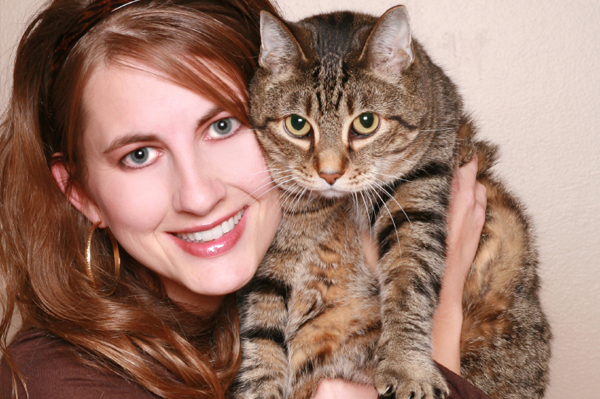Getting your kitten or cat vaccinated against Panleukopenia is the most important thing a pet owner can do to avoid serious complications from feline distemper symptoms. As the disease spreads rapidly, learning about what it is and how to control it is crucial for your feline’s health and well-being.
WHAT IS PANLEUKOPENIA?
Panleukopenia is a viral disease spread among cats through a variety of body fluids. Also called feline distemper and caused by the parvovirus, Panleukopenia can be transmitted in a cat’s saliva, feces, and urine. As the parvovirus can be contracted from almost any surface, cats can easily become infected through contact of contaminated air and surfaces.
WHAT ARE THE EFFECTS OF PANLEUKOPENIA?
A parvovirus infection, whether in cats or dogs, almost always results in death. Once contracted parvovirus numbers quickly multiply and begin to attack feline lymph nodes. If an infected feline fails to produce an appropriate immune response to fight of illness, the virus will eventually begin attacking both intestines and bone marrow. Common reasons for death from feline distemper included:
• REDUCTION IN WHITE BLOOD CELLS: Without enough white bloods cells, felines are unable to fight off even the smallest of infections or common colds.
• DEHYDRATION: Due to effects infection of parvovirus to the intestines, extreme diarrhea and vomiting can lead to death through dehydration.
• BACTERIAL INFECTION: Commonly, parvovirus invading the intestines creates lesions within intestinal linings. When this occurs, bacterial infections become unmanageable and will destroy its victim in a short amount of time.
WHAT ARE FELINE DISTEMPER SYMPTOMS?
Feline distemper symptoms are almost always immediately recognizable. If any of these signs are present, it is best to seek emergency veterinary help as soon as possible to possibly prevent death.
• Excessive vomiting
• Severe diarrhea
• Unexplained loss of appetite
• Lethargy or muscle weakness
• Fever
Although other conditions may provoke symptoms similar to those of Panleukopenia, such as poisoning or other types of infection, it is imperative that proper diagnoses be completed by a veterinarian. Getting help may be pricey, but your cat’s life is worth every penny.
TREATMENT AND PREVENTION OF FELINE DISTEMPER SYMPTOMS
As there is a narrow margin of cats who actually survive an infection of the parvovirus, immediate response is the best way to sustain life. Typically, a veterinarian will administer high doses of intravenous antibiotics and vital fluid to fight off infections and dehydration caused by the disease. While this treatment doesn’t guarantee a longer life for your feline, it does give them a fighting chance to build up immunity on their own.
Prevention for Panleukopenia is simple; have your cat or kitten vaccinated. Most veterinarians suggest giving live vaccines, either as a mist through the nose or injected on the shoulder, after a kitten has reached 12 weeks of age. However, some pet professionals insist that administration should be done as early as 6 weeks of age. Once a kitten receives 2 initial doses in a one month period, regular booster shots or sprays will be needed. Usually, additional vaccinations occur anywhere between every 1 and 3 years.
FINAL THOUGHT
Pet ownership is a huge responsibility and should never be taken lightly. With millions of animals being neglected and abused every year, persons who have the privilege of pet parenthood should assume the position awarded them of nurturer and caregiver. Although vet bills can become outrageous, taking care of your feline is a job only you can do. In order to save time and money, be sure to have your feline vaccinated before feline distemper symptoms set in.
Animal Health







